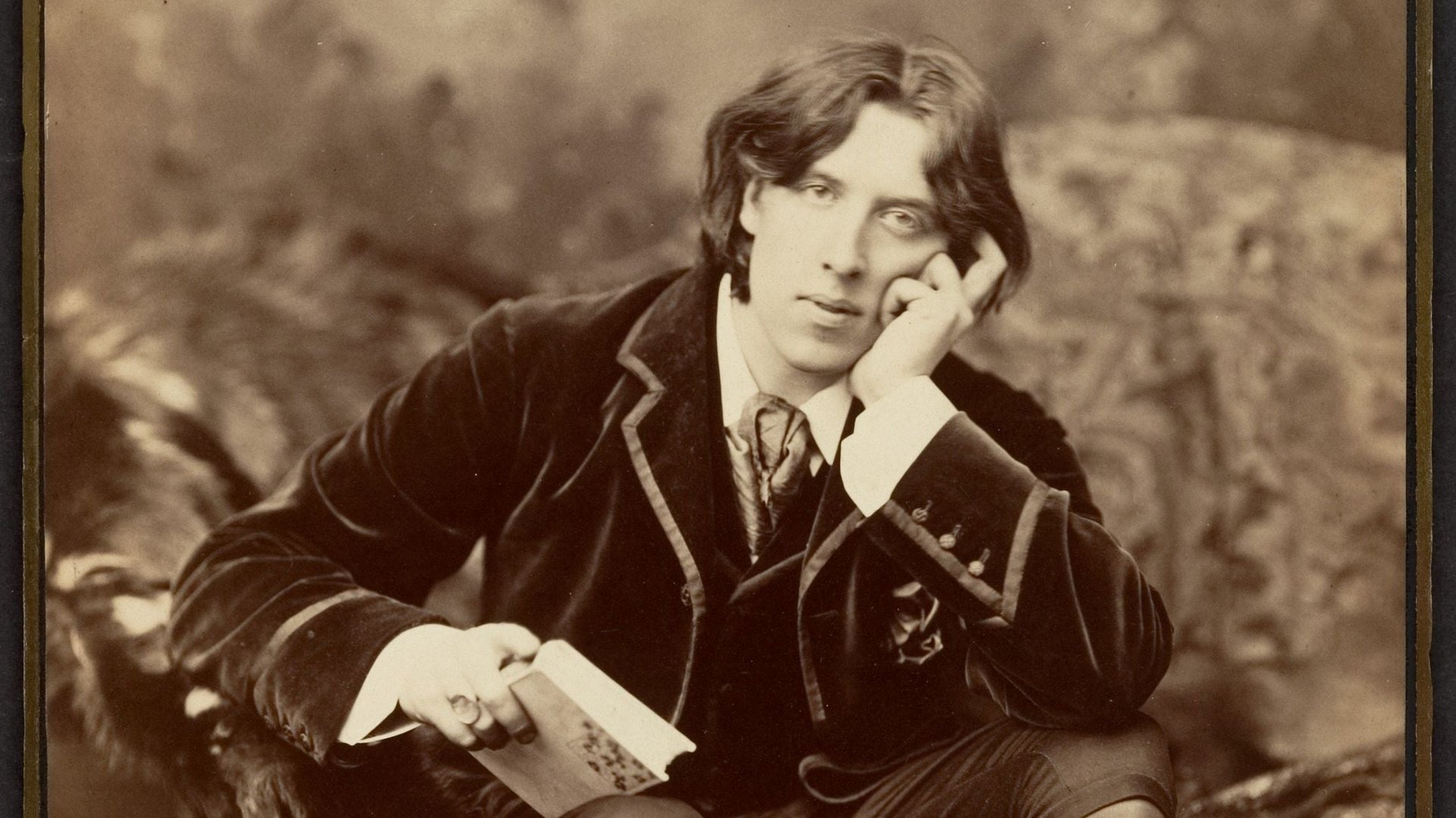Oscar Wilde would have used Grindr
It has never been so easy to find love, or sex, quickly. In 2017, there is nothing shameful or illicit about using dating apps or digital tools to connect with someone else. More than 100 years ago, of course, things were very different.


It has never been so easy to find love, or sex, quickly. In 2017, there is nothing shameful or illicit about using dating apps or digital tools to connect with someone else. More than 100 years ago, of course, things were very different.
Oscar Wilde and other men and women who, like him, desired same-sex relationships, had to resort to attending secret parties to meet potential partners. The idea that it would become normal to meet and flirt with an ever changing group of strangers, sending explicit pictures or a few cheeky sentences on a device you hold in your hand, would have amused the writer. The openness about conducting such relationships would have amazed him.
But would Oscar Wilde have enjoyed the most famous gay dating app, Grindr, and the way it has contributed to gay culture? We know he would probably have welcomed the fact that gay men and women could easily meet new sexual partners. In the late-Victorian period, Wilde’s membership of clandestine homoerotic networks of clubs and societies, was far more furtive. They were gatherings of forbidden passions and desires, shrouded in secrecy.
Wilde loved being part of this underground community. He adored being with crowds of immaculately dressed people in beautiful rooms. He believed the most important goal in life was to experience emotion and sensuality, to have intense connections and embrace beauty.
This belief came from his involvement in a movement called Aestheticism. Late-Victorian aesthetes proposed that beauty and sensation were the keys to an individual’s authentic experience of life. They argued that beauty and connections with beauty should be pursued even at the expense of conventional systems of morality, and what society considered right or wrong. For Wilde, this meant he thought about whether it was aesthetically—not morally—right to sleep with someone.
Oscar Wilde was born in Dublin in 1854 and died in Paris in 1900, a few years after his release from jail for “gross indecency” with other men. Before his imprisonment, Wilde was (I think almost uniquely) shockingly positive and active about his desire for other men. This was a time when same-sex desire and intercourse was illegal, seen as illicit and monstrous—an abhorrent illness which should be exercised from Christian culture.
Wilde met and slept with many other men, continuing relationships for years, months, weeks, or maybe even only a night, before effectively dropping them and moving on. Is this so different to how gay relationships are conducted now?
Every part of gay culture today stems from the way that Wilde and the group of men he mixed with lived their lives. Their philosophy that they should have their own dedicated spaces to meet still stands. At first they evolved into gay bars and clubs. Now those physical spaces are closing as members of the gay community go online to meet each other.
Grindr, now eight years old, allows people to make connections, if they like the look of someone’s body. It is the same type of connection that Wilde was interested in, but it doesn’t give people the intense, sensual involvement with another human being he was looking for. You might see someone you like on Grindr, but there is no promise they will respond to your message. Downloading and using the app doesn’t automatically make you part of a network of people that are thinking and feeling intense emotional sensations. Wilde, at his parties and gatherings, taking risks and breaking the law, must have felt part of a group who came together to all feel something special and exciting.
This excitement was not only to do with the illegal nature of the acts undertaken in secret. It had something to do with the vibrancy and sensuality offered by being in a particular place, engaging sensually and physically with other people, reading them for signs of interest, right down to the smallest gesture.
Digital declarations
This is not possible on Grindr. Grindr offers instead a potentially unlimited amount of possible connections, but connections which are digital, not physical. Once downloaded, the app offers a digital network of people that can be loaded and reloaded with a simple swipe of the screen. The continual possibility of meeting someone different or better means that users don’t necessarily need to commit to connecting. It seems we are in danger of creating a generation of potentially disconnected individuals, who rather than going to a gay bar, choose to spend the night in, waiting for a stranger to send them a message.
Had he been able to, Wilde would have downloaded Grindr, of that I think we can be certain. Would he have liked it? Well, he may have found some beauty in the technology and the freedom it represents. And perhaps, sometimes, he would have enjoyed the novelty.
But he would probably have preferred the clubs, societies and networks he engaged with during the late 1800s. For while they did not promise successful or happy encounters, they did foster physical relationships between men within spaces of affirmation, liberation and fulfillment. And although Grindr also offers the chance for casual sex, I think late Victorian gay men would have been saddened by the lack of opportunity for their counterparts today to connect emotionally with others.
This article was originally published on The Conversation.